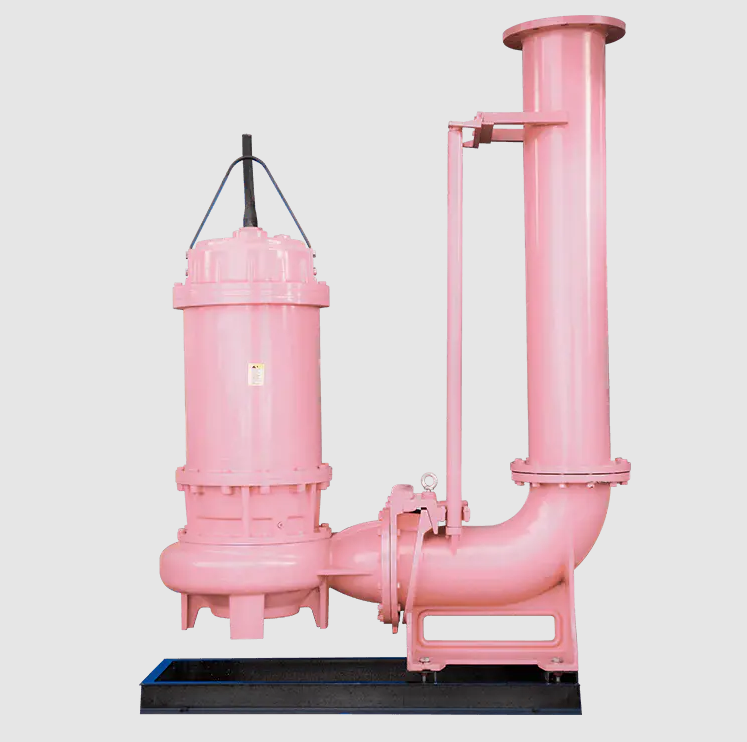When it comes to managing water in and around your home, selecting the right household submersible water pump is crucial. These pumps are designed to operate efficiently underwater, making them ideal for a variety of applications such as sump pit drainage, well water extraction, or even transferring water for irrigation. Understanding the key features and considerations can help you choose a pump that meets your specific needs.
Consider the capacity of the submersible water pump. The volume of water the pump can move per hour or minute is an important factor, especially if you need to handle large amounts of water quickly. For example, a pump with a higher capacity might be necessary for draining a flooded basement, while a lower capacity pump might suffice for transferring water from a small storage tank.
Another important aspect to consider is the pump's ability to handle different types of water. Household submersible water pumps are designed to work with various water conditions, from clean water to slightly dirty water containing small debris. If you plan to use the pump in a sump pit or a well, ensure it can handle the specific water quality in your area. Some pumps come with built-in filters to protect the impeller from clogging, which is particularly useful in environments with debris.
The ease of installation and operation is also a significant consideration. Many household submersible water pumps come with simple installation instructions and require minimal setup. Look for models with automatic float switches, which can turn the pump on and off based on water levels. This feature ensures that the pump operates efficiently without constant monitoring, saving you time and effort.
Durability is another key factor when choosing a submersible water pump. These pumps are often used in wet and potentially corrosive environments, so it is important to select a model made from high-quality materials. Stainless steel and durable plastics are common choices, as they offer resistance to rust and wear. A well-built pump will provide reliable performance over time, reducing the need for frequent replacements.
Lastly, consider the energy efficiency of the pump. Household submersible water pumps vary in their power consumption, and choosing an energy-efficient model can help reduce your utility bills. Look for pumps with efficient motors that provide the necessary performance without excessive energy use.
Selecting the right household submersible water pump involves considering capacity, water handling ability, ease of installation, durability, and energy efficiency. By understanding these factors, you can choose a pump that meets your needs and provides reliable performance for years to come.
